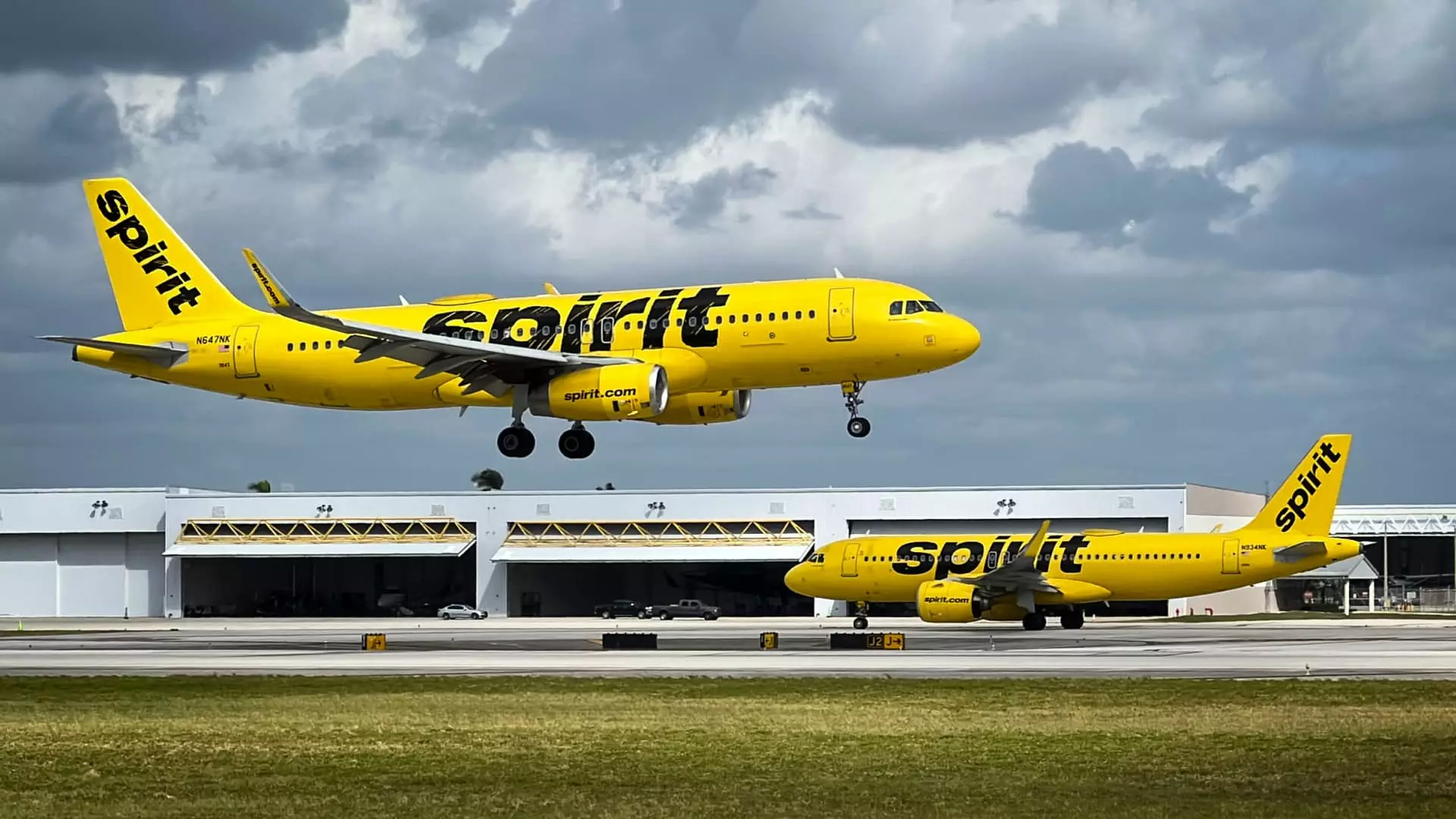The recent surge in violence in Haiti has raised critical safety concerns among airlines and regulatory authorities. The Federal Aviation Administration (FAA) took decisive action on Tuesday by issuing a 30-day ban on U.S. civilian flights to and from Haiti, following alarming incidents involving gunfire directed at commercial flights. This significant decision underscores the escalating dangers that both commercial airliners and their passengers face when navigating the region.
The FAA’s ban is rooted in a primary incident involving Spirit Airlines Flight 951, which was subjected to gunfire as it made its descent into Port-au-Prince. This unsettling occurrence, which took place on Monday, forced the aircraft to divert to Santiago, Dominican Republic. Luckily, only one flight attendant reported minor injuries, while passengers remained unharmed. However, the threat to passenger safety was further echoed when American Airlines confirmed that one of its flights, traveling from Port-au-Prince to Miami, had also endured similar gunfire but managed to land safely without any injuries. These two events have painted a troubling picture of the current state of air travel in Haiti.
In response to the heightened risk, American Airlines opted to suspend services to Haiti until at least February 12. JetBlue Airways similarly halted its flights in light of these security concerns. Airlines have recognized the necessity of prioritizing passenger safety above all else, leading to precautionary measures that, while inconvenient for travelers, are imperative in the current hostile climate. The FAA’s additional restriction, which prohibits U.S. flights from operating below 10,000 feet in Haitian airspace, further illustrates the seriousness of the situation and demonstrates a commitment to avoiding potential threats.
This incident is not isolated; it reflects the broader socio-political turmoil in Haiti, exacerbated by instability and violence that impacts daily life. As gangs exert control in various sectors, including transportation, the risk of encountering violence has increased significantly. Passengers considering travel to Haiti must weigh the risks against the necessity of their journey. All parties involved, from airlines to government agencies, are grappling with the challenge of ensuring safety while maintaining operations in a region that is in a state of crisis.
As the situation evolves, it will be interesting to see how airlines and regulatory bodies respond. The FAA’s strict measures may provide a temporary respite from violence but also raise questions about the future of air travel in the region. Travelers should stay informed and cautious while assessing their travel plans to Haiti, as ongoing violence could lead airlines to make further adjustments. The industry must remain vigilant and proactive in addressing safety concerns, as the well-being of passengers must always take precedence in the face of such grave threats.

